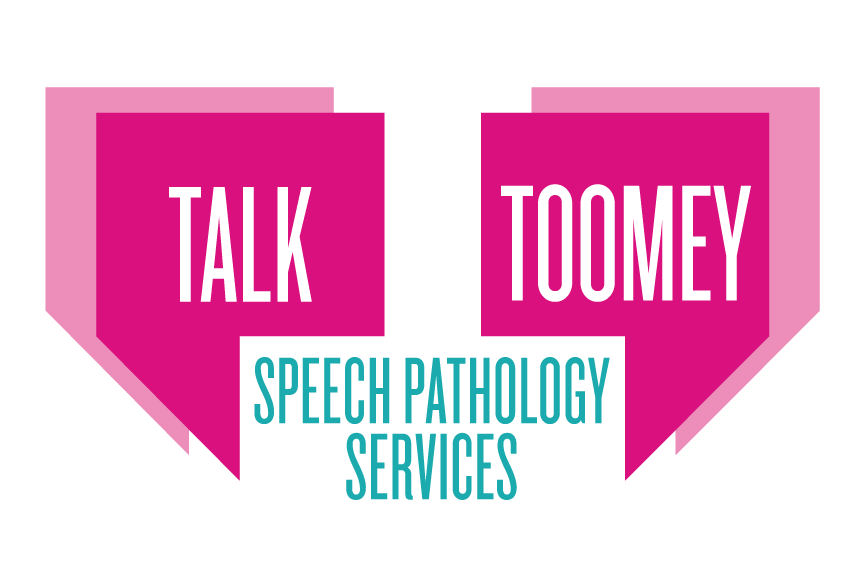Child-based Indicators
How do I know if my child needs a speech or language evaluation?
Indications of Evaluation Needs in children 6 to 36 months of age:
If by 6 months, your child does not yet:
- Enjoy playful actions
- Reach for objects
- Turn head when he/she hears a voice
- Recognize own name
- Babble or vocalize, especially when being talked or sung to
If by 9 months, your child does not yet:
- Engage in games by smiling or laughing
- Search for objects when moved out of sight
- Mouth objects or toys (oral exploration is very important!)
- Attend to music or song
- Respond to name being called
- Wave when cued or prompted
If by 12 months, your child does not yet:
- Use gestures (reaching to be picked up/down, wave hi/bye, point to objects/toys when interested)
- Imitate gross motor movements
- Understand simple commands or questions
- Identify any body parts
- Say mama/dada (or variation) meaningfully
- Imitate animal sounds, words or environmental noises
- Use some words to gain attention, label toys/objects
If by 18 months, your child does not yet:
- Request help when needed (especially when motivated)
- Use at least 15 words
- Use consonant sounds /t,d,n,h/ or imitate /p,b/
- Request “more”
- Name/label favorite toys or name some familiar family members
If by 24 months, your child does not yet:
- Demonstrate pretend and symbolic play (e.g., pretend play with toys/use imagination and use objects to represent something else such as using a block to represent an ice cube in a cup)
- Put toys away when toldFollow novel commands or follow two step instructions
- Understand new words, especially when presented in various activities/situations
- Use two word phrases (including adding new words) and use or imitate 3 word phrases
- Tell about something that happened
- Use at least 50 words
Between 24-36 months, your child should demonstrate ability to:
- Identify body parts and clothing
- Recognize actions
- Understand use of objects (e.g., fork is for eating, cup is for drinking, crayon is for coloring)
- Demonstrate understanding of basic concepts (e.g., big/little, cold/hot, open/closed, wet/dry, etc.)
- Demonstrate understanding of quantity concepts (e.g., take one, give me some, etc.)
- Use words to ask questions, tell about something that happened, make requests, and answer yes/no consistently
- Use a variety of word combinations (i.e., phrases containing nouns, pronouns, adjectives, verbs)
Other indicators:
You should also consider having your toddler evaluated if you notice he/she:
- Exhibits limited or inconsistent eye contact
- Does not turn when name is called
- Does not recognize familiar people’s names
- Does not localize to sound (e.g., look toward street when ambulance passes with sirens, look toward location of loud sounds)
- Covers ears frequently when exposed to music, loud sounds, or seem bothered by commotion
- Asks “what?” frequently
- Does not appear to comprehend what was said
- Answers questions inappropriately quite often
- Does not yet initiate communication with peers or familiar adults (e.g., doesn’t seem to know how to interact with other kids at the park, doesn’t desire attention from familiar adults)
- Is not talking or saying very little.
- Talking mostly in vowels (e.g., "ih" or “ah” for “this” or “that”).
- Using one frequently produced sound or syllable to represent a variety of words.
- Not yet combining words into phrases or sentences.
- Not yet babbling or talking, was a “good baby” with little or no fussing, whining, crying
Consider having your school-aged child be evaluated for speech or language if he/she:
- Cannot be understood by peers and teachers
- Has consistent speech sound errors
- Receives speech or language services at school. Due to high caseloads, schools usually cannot offer individual sessions or the amount of minutes that would help the child progress more rapidly)
- Has difficulty expressing ideas clearly, or if language is vague
- Stutters
- Demonstrates word finding errors
- Has a hard time learning new vocabulary words, using vocabulary words in the correct context, or has limited vocabulary
- Has a hard time with retelling of a story, movie, or event
- Exhibits difficulty with pronouns (e.g., “him went there”)
- Has difficulty with topic maintenance during a conversation
- Has difficulty understanding questions and following directions that are presented either verbally or are written
Download and print this list for reviewing and sharing.
